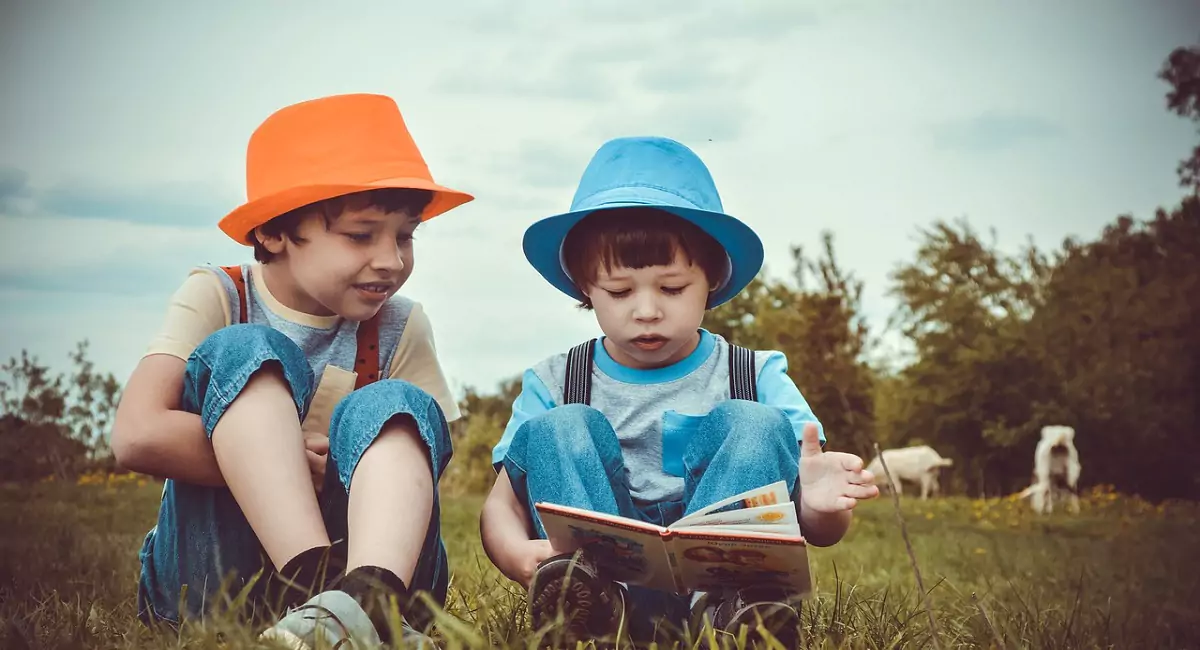
Children’s Literature by Indigenous Authors: Nurturing Cultural Pride and Understanding
Children's literature plays a vital role in shaping young minds and fostering a sense of identity and belonging. For Indigenous Australian authors, creating literature for children becomes a powerful way to preserve cultural heritage, nurture cultural pride, and promote cross-cultural understanding. Through their indigenous stories in Australia, these authors share the richness of their traditions, language, and values, providing a glimpse into the diverse and vibrant world of Australia's First Nations people. This essay explores the significance of children's literature by Indigenous Australian authors in nurturing cultural pride and understanding among young readers.
Preserving Cultural Heritage
Children's literature written by Indigenous Australian authors serves as a means for preserving and passing down cultural heritage of the First Nations People. Through these stories, the traditional customs, mythology, and languages of indigenous people are preserved, ensuring that the next generation remains connected to their roots. By incorporating aspects of their Indigenous cultures into children's literature, authors provide young readers with a sense of continuity and pride in their heritage.
These stories often revolve around the teachings of the Elders, the significance of ancestral lands, and the importance of maintaining a deep connection with nature. By instilling these values in children from an early age, Indigenous authors contribute to the preservation of cultural identity in a rapidly changing world.
Tip
Read more about Why You Need to Share Indigenous Australian Stories with Your Kids
Cultivating Cultural Pride
Children's literature by Indigenous Australian authors helps kids develop a positive sense of self and cultural pride. By seeing themselves and their cultural practices represented in stories, young readers gain a deeper appreciation for their identity. The characters and settings in these books become relatable and empowering and offer these young Indigenous readers a mirror to reflect their own experiences and aspirations.
For non-Indigenous children, exposure to these stories promotes empathy and respect for different cultures that go beyond theirs. It fosters an understanding of the richness and diversity of Indigenous heritage, nurturing a generation that appreciates and celebrates the unique contributions of Australia's First Nations people.
Challenging Stereotypes and Misconceptions
Children's literature by Indigenous Australian authors also plays a crucial role in challenging stereotypes and misconceptions about Indigenous people. Historically, Indigenous cultures have been misrepresented in mainstream media and literature. Indigenous authors can counter this by providing authentic portrayals that d away with stereotypes and offer a more accurate depiction of their communities.
Through these stories, children learn that Indigenous cultures are diverse, complex, and thriving. They gain insights into the challenges faced by Indigenous communities and the resilience and strength that characterises their histories and contemporary lives.
Fostering Cross-Cultural Understanding
When you read children's literature by Indigenous Australian authors, it opens a window to Indigenous cultures for young readers from all backgrounds. These stories promote cross-cultural understanding and act as bridges of empathy between Indigenous and non-Indigenous children.
By reading about the experiences of Indigenous characters, non-Indigenous children gain exposure to different perspectives and ways of life. This exposure fosters compassion for Indigenous cultures and nurtures a sense of shared humanity.
Tip
Read about how Indigenous writing will help continue these traditions in The Continuity of Indigenous Narratives.
Empowering Indigenous Voices
Children’s literature amplifies Indigenous voices within the literary landscape in Australia. These authors share their stories with the world, contributing to a more inclusive representation of Australian literature. By empowering Indigenous voices in children's literature, these authors showcase the enduring strength and power of Indigenous communities.
Additionally, when young Indigenous readers see themselves represented in stories written by authors who share their heritage, they are empowered to become creators and storytellers themselves. This empowerment fosters a new generation of Indigenous authors who continue to enrich children's literature with their unique perspectives.
Conclusion
Thus, it is important to read children's literature that is written by Indigenous Australian authors as it holds immense significance in nurturing cultural pride and understanding among young readers. These stories preserve cultural heritage, cultivate a positive sense of identity, and challenge stereotypes and misconceptions among generations. By fostering cross-cultural understanding, Indigenous authors promote empathy and respect among all children, regardless of their background.
Through their writing, Indigenous authors empower their communities and contribute to a more diverse and inclusive literary landscape. Children's literature becomes a powerful tool in nurturing a new generation of culturally aware and empathetic individuals, fostering a brighter and more harmonious future for Australia's diverse and vibrant society.





